A journalist and poet based in Zagreb, Robert Perišic was in his early twenties when the socialist federal republic of Yugoslavia disintegrated in 1992. Croatia’s transition to capitalism inspired his 2007 novel Our Man in Iraq. Now No-Signal Area explores the
search for meaning in a supposedly post-ideological world.
Set in a fictitious town in a war-ravaged nation somewhere ‘between the East and the West’, it tells of two entrepreneurial cousins, Nikola and Oleg, who reopen a communist-era factory in order to produce an obsolete turbine from the 1980s, with the intention of selling it on the black market to an Arab dictator. They gain the trust of the workers by posing as philanthropists interested in reviving local industry; but it’s a one-off project, an in-and-out job — ‘textbook globalisation. Capital waltzes in, takes what it needs, and leaves’.
Religion and nationalism are back in fashion, ‘and even those who’d left the Communist party only the day before made up for what they’d missed, going so far as to baptise their adult children’. Competitive dinner parties are where it’s at: ‘A new bourgeoisie had risen out of the counterculture and asserted itself in the kitchen.’ The most sympathetic character — and the soul of the novel — is Sobotka, a former union stalwart. His estranged wife and daughter have emigrated to northern Europe, leaving him to wallowin limbo:
On the one hand I believed in the old system and waited… and on the other I believed that once capitalism came, it would look like it does in the West, with certain standards, progress … Between these two beliefs there was nothing to do but wait.
No-Signal Area is big on ideas but weak on execution. Perišic’s existential ruminations have a hammy, jejune quality: we learn that ‘the fear of death is life itself’ and ‘nothing is easier than going crazy’; Oleg ‘was twisted, just like this world’.
Ellen Elias-Bursa’s translation is serviceable but riddled with infelicities (Sobotka ‘was gazing into himself… like a poignant child’). There are some clever touches, however. When the cousins’ business plan is thwarted by the death of the dictator in an uprising, they find an alternative buyer in the shape of a rich London art dealer, who exhibits the turbine in an unnamed gallery on the banks of the Thames. Tate Modern’s largest exhibition space, of course, is the Turbine Hall.
Got something to add? Join the discussion and comment below.
Get 10 issues for just $10
Subscribe to The Spectator Australia today for the next 10 magazine issues, plus full online access, for just $10.
You might disagree with half of it, but you’ll enjoy reading all of it. Try your first month for free, then just $2 a week for the remainder of your first year.

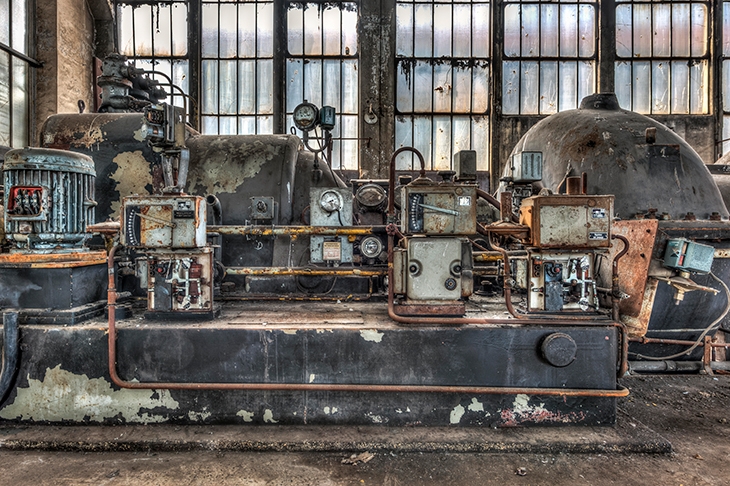


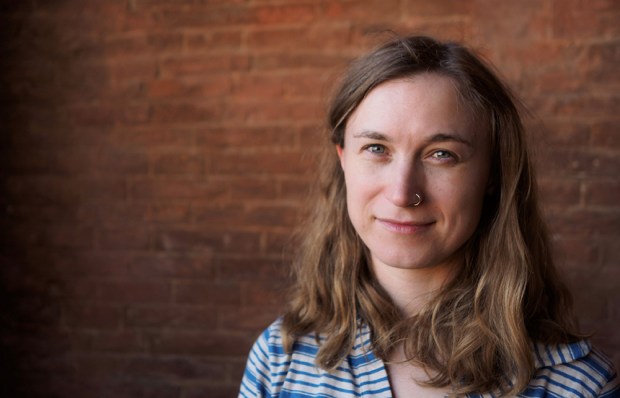
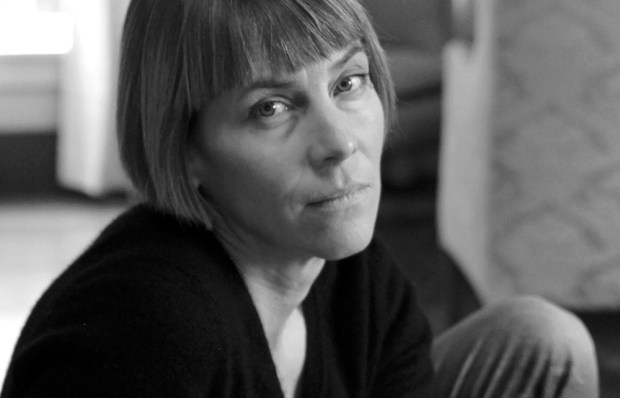
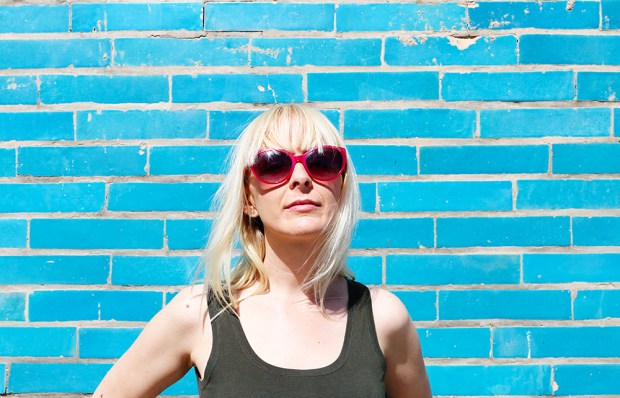
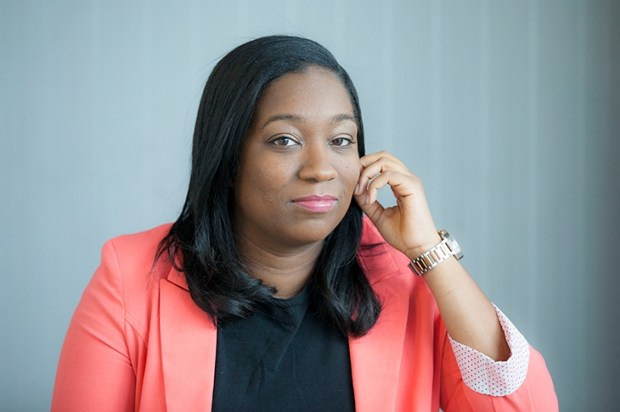






Comments
Don't miss out
Join the conversation with other Spectator Australia readers. Subscribe to leave a comment.
SUBSCRIBEAlready a subscriber? Log in